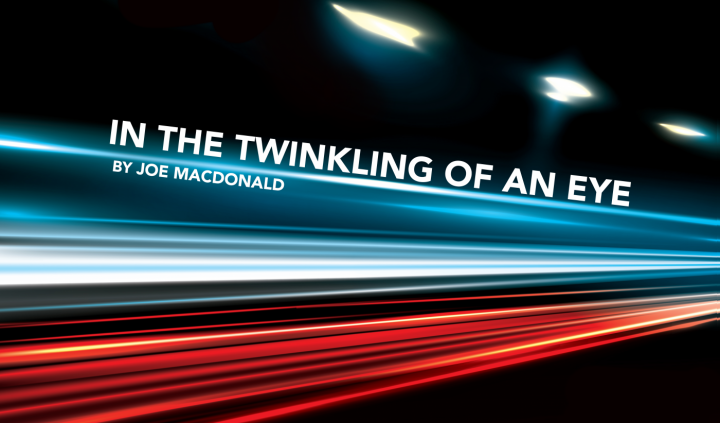What Job, the Man and the Legend, Has Taught Us About Suffering
Written by |

It is no secret that I am a pastor in the United Methodist faith. Many times, I find that having children with bleeding disorders challenges my theology and how I view the world, when considering divine providence over life and the struggles that make us human. I am fascinated by the many different thoughts and claims that exist when experiencing something greater than ourselves.
Language guides us, but only our personal experiences shape our understanding of the world. What brings me heightened awareness may fall flat for you. Are we to abandon our ways of processing both joyful and challenging information so that we may better fit in a community? I say hogwash to that. Talk about your journey, in your way, and in your own time.
In my sacred text, one of the most excellent accounts addressing the message of why we suffer comes from a familiar writing in the Hebrew Bible. The epic poem of Job tackles some of life’s most difficult questions regarding the nature of suffering. His friends — Zophar, Eliphaz, and Bildad — represent traditional theology regarding who is to blame when bad things happen. “If anything is wrong, you have done something to create this chaos. There is no such thing as innocent suffering.” Job refutes their ideas and challenges God himself.
Satan takes everything from Job, leaving him poor, sick, and a victim to horrible chaos. We can identify with Job, because we know what it is like when the walls of our house fall on top of us, and we struggle to make sense of why things happen. We are quick to name a unique defect in ourselves to explain horrible events and circumstances beyond our control. “What is wrong with me? It is my fault that my son has this disability.” We live mired in guilt and resentment.
We may exclaim that there is innocent suffering, but our beliefs and thoughts direct us to self-flagellation. Ultimately, we resign ourselves to the notion that somewhere along the line, God messed up when the Divine created me. I am a mistake. We carry this very ill-conceived idea that we are flawed in our inner core and run from anything that mentions that we are as good as anyone else. We are always destined to fall short of the mark.
Those of us who struggle with chronic illness know this feeling all too well. From the beginning of the diagnosis, we blame ourselves. “What did I do to give this to my child? God is punishing me because I lived my life so wrongly.” We bury ourselves in a sea of unrealistic assumptions about our innermost self.
The truth is, bad things happen to good people. Whether we like it or not, the rules sometimes change, and not for the better. We may never know many things; a doctor diagnoses a child with an illness, our lives fall apart without warning, investments turn upside down. Whatever may happen, this we know: We are capable of handling everything, because we are fierce and tough. Holy wisdom matches grace in the face of unspeakable darkness. We rise to greet the dawn and set foot on a path to wholeness and power.
***
Note: Hemophilia News Today is strictly a news and information website about the disease. It does not provide medical advice, diagnosis, or treatment. This content is not intended to be a substitute for professional medical advice, diagnosis, or treatment. Always seek the advice of your physician or another qualified health provider with any questions you may have regarding a medical condition. Never disregard professional medical advice or delay in seeking it because of something you have read on this website. The opinions expressed in this column are not those of Hemophilia News Today or its parent company, Bionews Services, and are intended to spark discussion about issues pertaining to hemophilia.



Leave a comment
Fill in the required fields to post. Your email address will not be published.